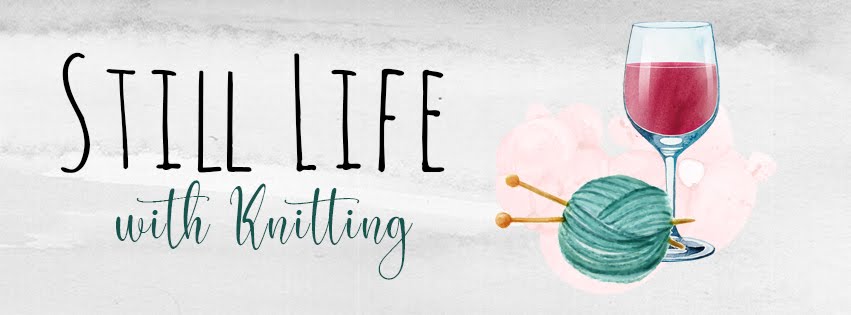Have you been tempted by those 24-packs of organic eggs at Costco or the like but have hesitated, fearing your ability to use them all before they go bad? Don't hesitate! If you can score a great deal on fresh eggs (or better yet, get them from a friend with an excess of eggs from their home flock), don't pass it up. Use what you need, and then freeze what you can't use in the short term.
Yes, you can freeze eggs! Here's how.
Break each egg into a bowl, and then gently with a fork or whisk mix the yoke and white together, taking care not to whip the egg -- you don't want to incorporate air. If you'd like, you can strain the eggs through a sieve for a more uniform consistency, but I don't bother. Once you have all of your eggs blended, pour them into a freezer safe container. If using a jar, allow 1/2 inch headspace between the top of the eggs and the bottom of the lid to allow for expansion.
I use something a little easier than jars: a jumbo sized ice cube tray. Each well holds 2 eggs, a good portion size for baking or for measuring out for making frittatas, quiches, and such. The tray is made from flexible silicone, so once the eggs are frozen they can be easily popped right out. You can also use regular sized ice cube trays; each well will hold one egg. Making individual portions is very convenient: no having to defrost an entire jar and measure out eggs by the spoonful.
Once the eggs are frozen, remove them from the tray and put the egg cubes into a vacuum seal bag or a ziplock bag (from which as much air as possible has been removed) and then put the bag into the freezer for storage. You can then remove however many cubes you need for baking and cooking. Easy peasy!
To help prevent graininess of the yolks, you can add 1.5 tbsp. of sugar OR 1.5 tbsp. of corn syrup OR 1/2 tsp of salt per cup of whole eggs. The yolks and whites can also be frozen separately; simply follow the same process (egg whites alone do not need added sugar or salt).

